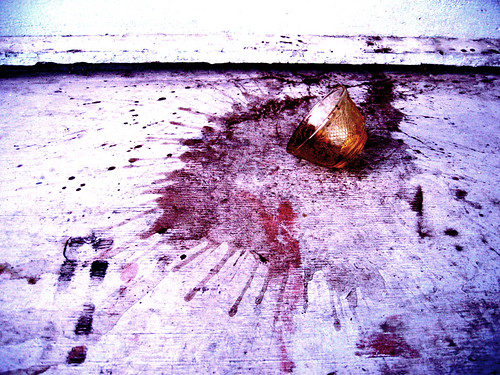Devastating image reveals how oil spill washed away an entire island: ‘The soil strength hasn’t recovered’
Spill #Spill

The 2010 Deepwater Horizon disaster was the largest oil spill in the history of marine drilling operations, resulting in 4 million barrels (or 210 million gallons) of oil flowing into the Gulf of Mexico.
As devastating as the immediate impact of that event was to marine life and the surrounding ecosystems, the spill’s consequences are still being uncovered to this day, more than 13 years later. Most recently, satellite images analyzed by ecologists have revealed that the oil spill led to entire portions of Louisiana’s coastline being washed away.
What happened to the coastline?
Giovanna McClenachan, an ecologist at Nicholls State University in Thibodaux, Louisiana, along with coastal ecologist Eugene Turner from Louisiana State University in Baton Rouge, analyzed satellite images of marsh vegetation from before, during, and after the oil spill. What they found was that shoreline erosion increased dramatically after the spill.
Though Hurricane Katrina, which hit Louisiana in 2005, was one of the most devastating hurricanes in United States history, it did not cause nearly the same level of erosion as smaller, weaker hurricanes that hit in the years after Deepwater Horizon, McClenachan’s and Turner’s research found. This is because the oil spill killed off a lot of the marsh grass that was holding the shoreline together. And while the grass died and the soil was washed into the ocean, the oil remained, getting pushed further inland and killing even more plants.
As a result, the soil strength in the areas the ecologists analyzed is still only half of what it was before the spill, leading to more and more of the shoreline disappearing every time a storm hits.
What can we do to help?
Scott Zengel, an environmental scientist with Research Planning Inc., told Science News that the effects on the coastline could be alleviated somewhat by planting new grasses. However, what is already gone cannot be recovered.
And planting new grass also won’t help with the problem of the oil lingering in the soil and water.
Story continues
“The soil strength hasn’t recovered because there is still oil in the marsh, and that’s causing these really strong erosion events during storms that weren’t occurring prior to the oil spill,” McClenachan told Science News.
There are many reasons to make the entire oil industry a relic of the past — and few are more compelling than devastating oil spills that wreak havoc on the environment for decades.
Join our free newsletter for cool news and cool tips that make it easy to help yourself while helping the planet.